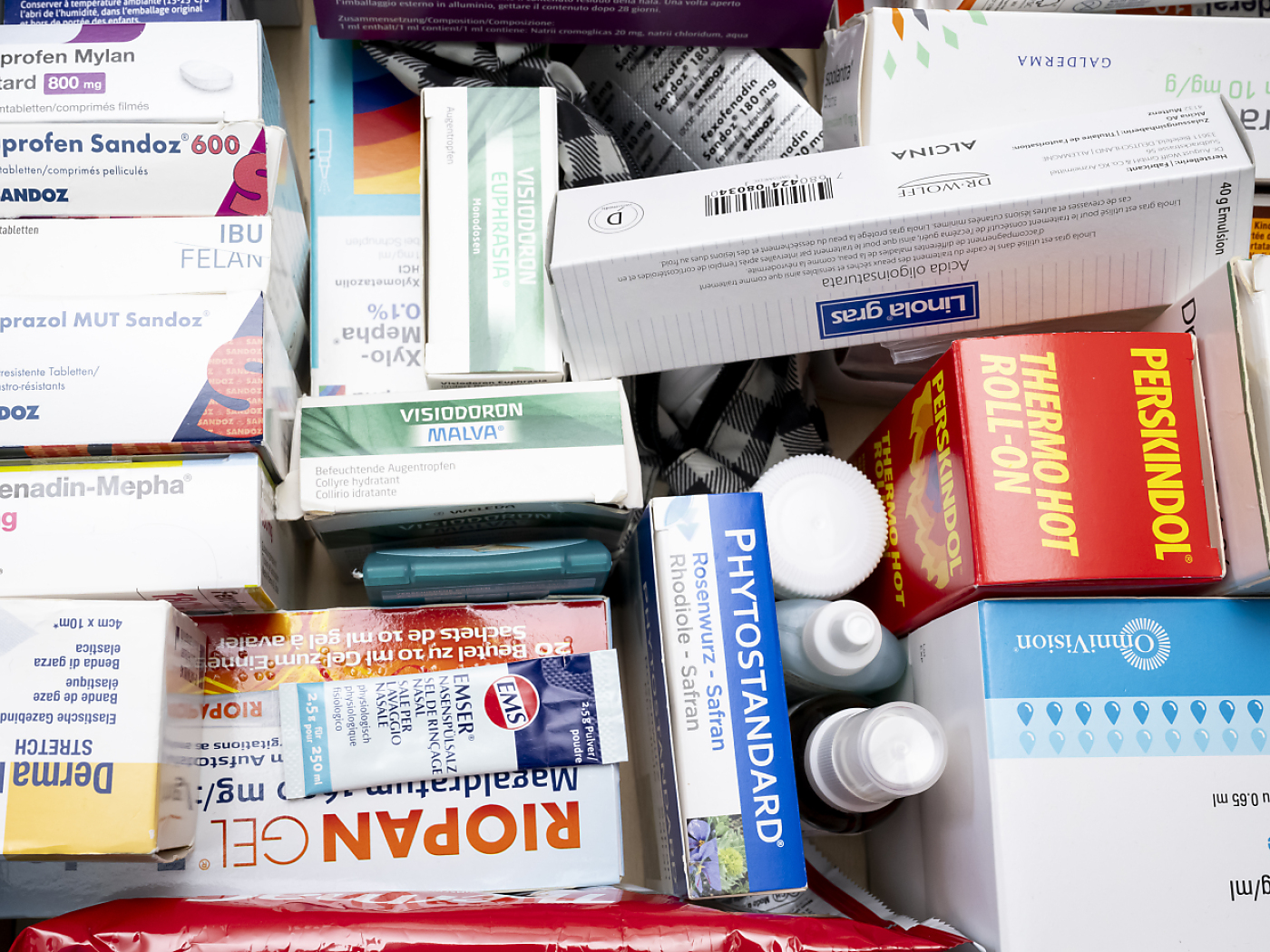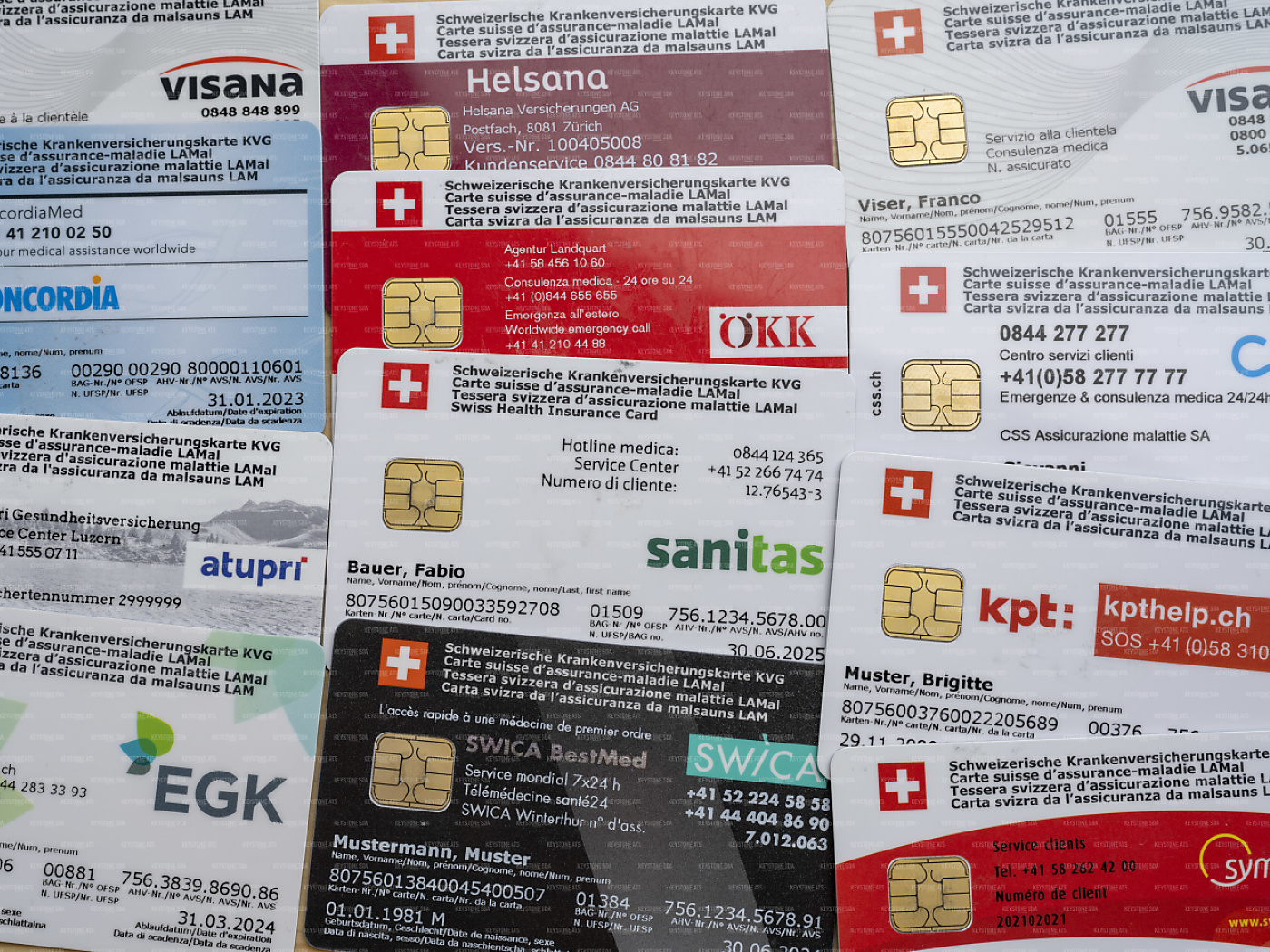
Swiss price watchdog slams excessive prices for generic medicines

The cheapest generic medicines available in Switzerland are more than twice as expensive as in other countries, according to a study by the Swiss price watchdog.
+Get the most important news from Switzerland in your inbox
The consumer price study compared the cost of 20 patent-expired and top-selling active ingredients sold in Swiss pharmacies with 15 other countries.
+ Is there an answer to Switzerland’s spiralling healthcare costs?
Original medicines with expired patents cost on average only 62% of the Swiss price in other countries, price watchdog Stefan Meierhans reported in his newsletter on Tuesday.
The cheapest generic drug was available abroad for 39% of the Swiss price, i.e. 61% cheaper. Even in the most expensive comparison country, Spain, the cheapest generic drug cost 27% less. In the United Kingdom, the average price was only 16% of the Swiss price.
Meierhans concludes from this year’s price comparison and “the significantly inflated prices” that there is still considerable potential for savings in the healthcare sector. The results are similar to those of his price comparisons in previous years and most recently in 2021.
At the same time, it is clear that the measures taken so far are not sufficient. He is therefore calling for a new pricing mechanism based on an international price comparison specifically for generics and biosimilars.

More
Swiss health insurance premiums to rise 6% in 2025
In addition, there should be a mandatory generics levy, the promotion of generics by removing approval hurdles and the prescription of active ingredients. Meierhans would also like to abolish the territorial principle. This would mean that basic insurance would pay for medicines obtained on prescription abroad if they are cheaper there.
Translated from German by DeepL/mga
This news story has been written and carefully fact-checked by an external editorial team. At SWI swissinfo.ch we select the most relevant news for an international audience and use automatic translation tools such as DeepL to translate it into English. Providing you with automatically translated news gives us the time to write more in-depth articles.
If you want to know more about how we work, have a look here, if you want to learn more about how we use technology, click here, and if you have feedback on this news story please write to english@swissinfo.ch.

In compliance with the JTI standards
More: SWI swissinfo.ch certified by the Journalism Trust Initiative






























You can find an overview of ongoing debates with our journalists here . Please join us!
If you want to start a conversation about a topic raised in this article or want to report factual errors, email us at english@swissinfo.ch.